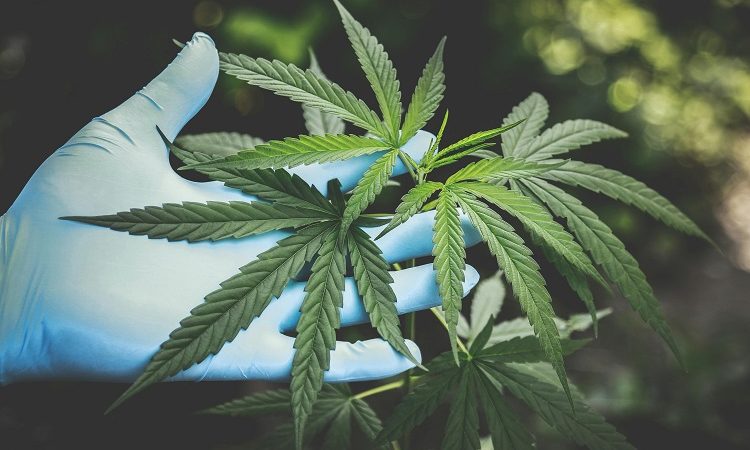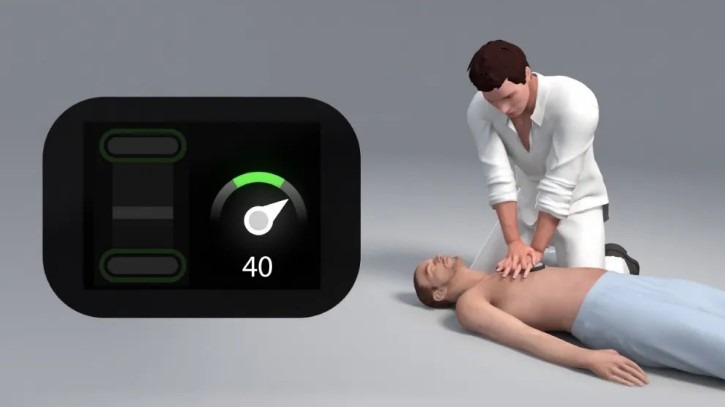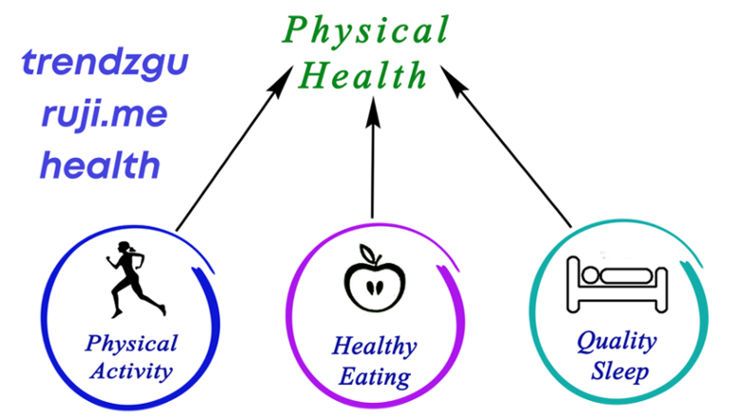Why perform Immunoassay Development and Validation at Bioanalytical Lab?

A 2018 Deloitte report pointed out the fact that in the past nine years, research and development returns fell to their lowest level. Hence, sponsors must examine the pharmaceutical R&D process to cut down the escalating costs for medicinal products. Immunoassay development and validation is one major factor that can help deliver timely and quality study data. Although the manual ELISA assay method has been the cornerstone system in the biopharma space, automation and generation of custom ELISA assay development and validation will be needed to develop high-quality data in minimum time and re-runs. Here bioanalytical and immunoassay labs can play an important role in supplementing the escalating needs of the pharma industry.
Why choose an immunoassay lab for assays?
Matrix interference, data quality, lengthy method development, and inconsistent performance are primary challenges faced while running immunoassays. A successful immunoassay strategy is the one that can facilitate early adverse events, establish drug dosage, and target establishment. However, to achieve such parameters, sponsors should develop fit-for-purpose assays that fulfill the minimal requirements of immunoassay development and validation.
Taking a fit-for-purpose approach means choosing methods that are cost-effective, reliable, and facilitates efficient decision-making. Such an approach involves several aspects from the immunoassay development and validation parameters. One of the easy ways to reduce the assay development time is to use pre-validated assay kits. Or else one should meticulously perform the required immunoassay provided by a vendor, which can help reduce some amount of time needed for immunoassay development. Bioanalytical labs come to the rescue when both these options are not feasible. Bioanalytical labs can help by providing a carefully chosen assay platform enabling rapid immunoassay development and validation.
Once an immunoassay lab develops and validates an assay, they provide you a high-throughput platform for timely deliveries of your data so that scientists and researchers can get enough time and space to run crucial data analysis. Other than providing you with accurate, precise, and robust analytical data, immunoassay labs are capable of running simultaneous assays so that sponsors can get all critical study data at once.
Bioanalytical laboratory apply automated platforms to provide custom ELISA assay development. Automation improves the reliability and robustness of assay data and is crucial during method transfer between biopharma and bioanalytical labs. Moreover, bioanalytical labs help in the development and validation of novel immunoassays that meet all the stringent FDA guidelines. They help validate pre-developed assays for GLP clinical and non-clinical studies. They facilitate smooth technology transfer and can help in the conduct of validation studies of commercial assays and diagnostic platforms.
The road ahead
The right assay platform can largely influence the outcome of a research and development project. It dictates how safe and effective therapeutics will be before bringing them into the market. Robust immunoassays are both cost-effective and time-saving. Thus timely outsourcing of immunoassay development and validation is crucial if sponsors need study data that are both reliable and cost-efficient to support their preclinical and clinical endeavors.





